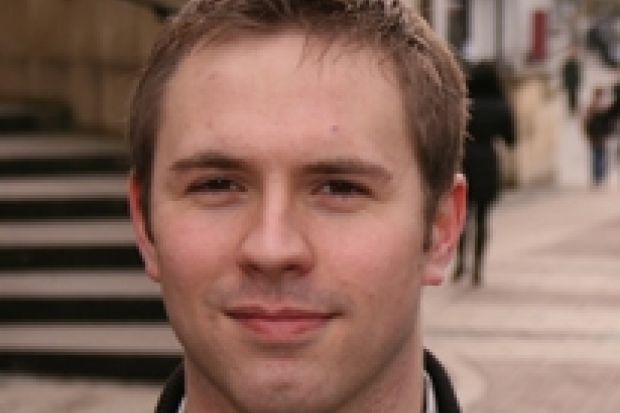Five candidates are contesting the union’s leadership at the NUS National Conference in Sheffield, which kicks off on 24 April, with elections also taking place for other national officer roles.
Around 1,500 student union delegates will vote on the party leadership, with incumbent president Liam Burns the favourite to continue in the position.
But the former president of NUS Scotland faces serious opposition from Ed Marsh, who has garnered significant grassroots support while working as NUS vice-president for union development.
Usman Ali, who is vice-president for higher education, could also gain strong support from the floor as he bids to become the first Muslim NUS president.
Other contenders include left-wing candidates Claire Locke, president of London Metropolitan University’s student union, and Kanja Sesay, the NUS black students’ officer.
Ms Locke is a member of the National Campaign Against Fees and Cuts group, while Mr Sesay is supported by the Student Broad Left group.
The elections are contested using the alternative vote model, in which delegates list their candidates in order of preference.
The candidate finishing last is eliminated and their second preference votes transferred to other contenders. After each round, one candidate is eliminated until someone gets at least 50 per cent of the vote.
It means the transfer votes of losing candidates could prove crucial in deciding the election results, which are due to be announced on 25 April.
Other elections taking place include a run-off for the post of vice-president for higher education, where candidates include Rachel Wenstone, Michael Chessum, Sophie Richardson and Al Hussain Abutaleb.
In addition to events at the conference, which is being held at Sheffield City Hall, NUS activists are believed to be planning a protest outside Nick Clegg’s Sheffield Hallam constituency office.
Mr Clegg, who was cheered by students while addressing the 2010 conference, has been invited to speak at the conference, but has not responded to the offer.
On his personal invitation to the deputy prime minister, Liam Burns said: “It would be disappointing if, having addressed the national conference before the 2010 general election and asking for our votes, Nick Clegg would not willing to come and answer for the decisions he has subsequently made.”
Register to continue
Why register?
- Registration is free and only takes a moment
- Once registered, you can read 3 articles a month
- Sign up for our newsletter
Subscribe
Or subscribe for unlimited access to:
- Unlimited access to news, views, insights & reviews
- Digital editions
- Digital access to THE’s university and college rankings analysis
Already registered or a current subscriber? Login
